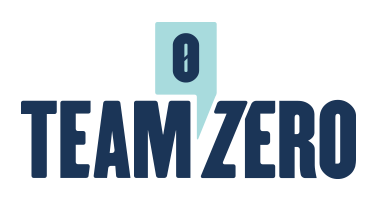
How to Talk about sex & sexual abuse
Studies show that child sexual abuse is rooted in our environment. While conversations about sex and child safety should begin in the home, they need to overflow into every facet of our lives – school, church and community. We need to talk about sex and sexual abuse.
If we don’t, who will?
Sex, let alone sexual abuse, can be a very difficult subject to bring up with children. But the fact is that our children live in a sexualized society that sometimes promotes sex in inaccurate and unhealthy ways. If we don’t talk to our children about sex and demonstrate healthy relationships in our own lives, children will develop their own beliefs based upon what they see on television, in video games and on the Internet.
When do I start?
It’s never too early to talk about boundaries. Although “sexual abuse” sounds like an adult topic, “body safety” is a subject that’s suitable for all ages. Conversations about body safety and sexual development must be ongoing to be effective. If you begin speaking openly about bodies, boundaries, and healthy sexual development at a young age, it will be easier to keep the conversation going as children get older.
But what should you talk about and how? You don’t want to shy away from questions, but you also want to keep the conversation developmentally appropriate. While a question a child asks might seem beyond their years, it is important that you acknowledge their curiosity and engage in conversation with them so they feel comfortable coming to you with other questions and concerns later in their life. Striking this balance isn’t easy, which is why we’re sharing talking tips for every stage of life – from babies to young adults.
How to talk to a child who has been abused
If you know a child who has been abused or you suspect that a child is being abused, it’s very important that you communicate either through words or actions that you are glad they told you and that you are supportive.
Let them know…
- You’re glad they told you
- They can always talk to you
- You will do all you can to keep them safe
Avoid telling them…
- They’re to blame
- They shouldn’t talk about it
- To forget it ever happened
- You’re upset or angry
- You promise this will never happen again
Although difficult, it’s important to remain calm and collected. Anger on your part may be misinterpreted and confusing. Give the child plenty of time to speak at their own pace. Be open and honest – “What he (or she) did was wrong and against the law” – and explain that you are going to do everything in your power to keep the child safe.
If you know a child has been abused or suspect a child is being abused, you must report it. That child is depending on you to speak up and speak out on their behalf. If you don’t, who will?
Get Started: Talking with Babies
